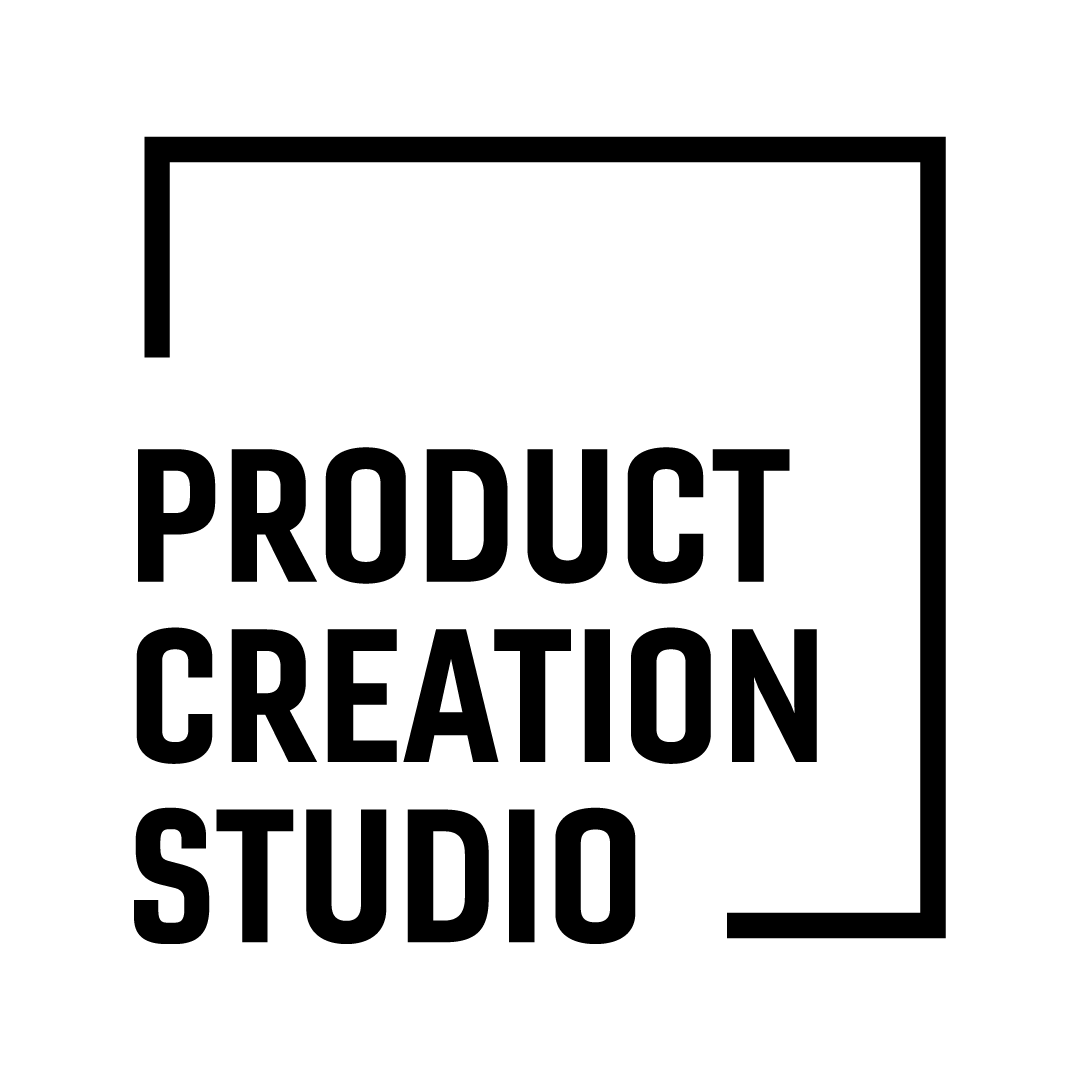MDO Article: How to Select the Right Contract Manufacturer
This article originally appeared in Medical Design and Outsourcing on May 17, 2019, written by Product Creation Studio’s Director of Mechanical Engineering, Don Baumgarten and Mechanical Engineer, Merritt Tennison.
Understanding the technical capabilities and business priorities of contract manufacturers is essential to selecting the best manufacturing partner. Here are five key areas to focus on when choosing a medical device manufacturer.
Perhaps you’ve heard horror stories about the difficulties of working with a contract manufacturer — cost overruns, quality issues and schedule delays. Even one of these issues can disrupt a medical device product launch and hurt your business.
Carefully selecting a contract manufacturer (CM) can help you avoid those problems. The right CM can provide guidance to optimize your product design for manufacturing and assembly and keep your project on track. Here are key strategies to ensure you select the right contract manufacturer for long-term success.
Identify Your Needs
Before starting your search, identify the manufacturing capabilities needed for your product. Understanding your business needs and priorities will help you evaluate your options and decide which CM is best suited for you. For example, you may need to choose between a CM that offers the best pricing but cannot meet a critical schedule date, and another CM that can meet your schedule, but at a higher price.
What are your product’s defining characteristics?
CMs typically specialize in manufacturing certain product types and develop the requisite manufacturing technologies, supplier networks, and quality systems. Identify CMs that specialize in your product type so you can be confident they can manufacture your product.
What annual production volumes are you forecasting?
The answer will help a CM determine three critical things — how quickly they would need to scale production, where they would manufacture your product, and how well the volumes align with their operations. CMs generally optimize their manufacturing facilities, resources and supply chain network for specific annual production volumes. You’ll need estimates for short-term and long-term production quantities to determine if the CM’s operations are a good fit for your product.
What are your special needs?
Do you need initial production units quickly? Is minimizing the cost of goods critical to your business model? Does your product require highly specialized manufacturing and quality control processes? Even the best CMs have their limitations. Identifying the unique demands of your product and business will help you communicate clearly with prospective CMs.
Don’t Delay the Search
Start your CM search as soon as a preliminary engineering design is complete. This will allow CM candidates to understand your specific manufacturing needs and give you an opportunity to incorporate their ideas as you optimize your design for manufacture and assembly.
Have your top three to five candidates sign non-disclosure agreements so you can discuss project and product information in detail. Having an on-site visit — at either party’s place of business — is crucial for both parties to get to know each other, ask questions, and get an idea of what the working relationship would look like moving forward.
If unique manufacturing processes or testing capabilities are integral to the product, it may make sense to visit the CM. Otherwise, simply having the right stakeholders in the same room can serve as a platform for answering questions, discussing product requirements and establishing next steps. Depending on how complete your product engineering design is, it can also be a good opportunity to review the technical design in detail.
Be Transparent
Honesty about your cost targets, critical project milestones and CM selection criteria will help the CM understand your priorities so they can express concerns about meeting your objectives. Also, explain the types of expertise you need, such as the CM’s supply chain network or design optimization experience. This will help identify the CMs that can best support your team.
Consider All Costs
Choosing the CM with the lowest manufacturing cost won’t necessarily save you money. Quotes will often include the term “FOB,” which stands for “free on board,” followed by the name of the shipper’s (CM) port. This means once the products are loaded onto a shipping vessel, the buyer is responsible for paying all transportation, duties and insurance costs involved in moving product from the buyer’s port to distribution. Include these costs when preparing quotes.
Find the Perfect Match
As you’re evaluating potential CMs for your product, know that the CMs are assessing how well your manufacturing needs fit their business model. In other words, you can’t select a CM as your manufacturing partner unless the CM selects you as a customer. From the CM perspective, you’re an attractive customer if your product type aligns with their supply chain network and manufacturing expertise and your production volumes meet their targets.
Provide the top CM candidates with a request for proposal that contains the information they need to provide a quotation for goods and services. CM quotations should include itemized part and assembly costs, tooling costs, and identification of specialized manufacturing or process development costs.
With several quotes in hand and the insights gained during your search, you can confidently select the best contract manufacturing partner for your product and business needs.

